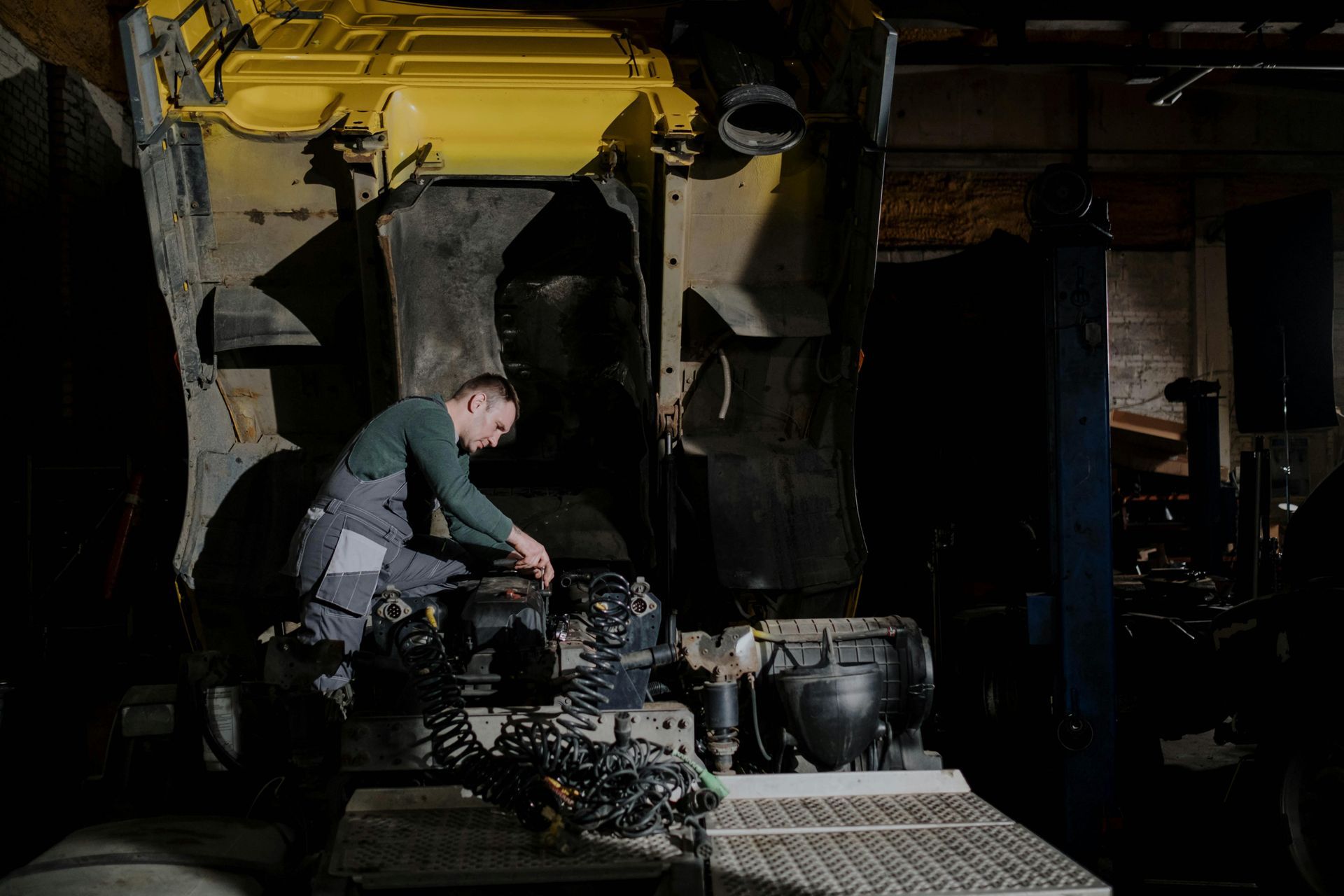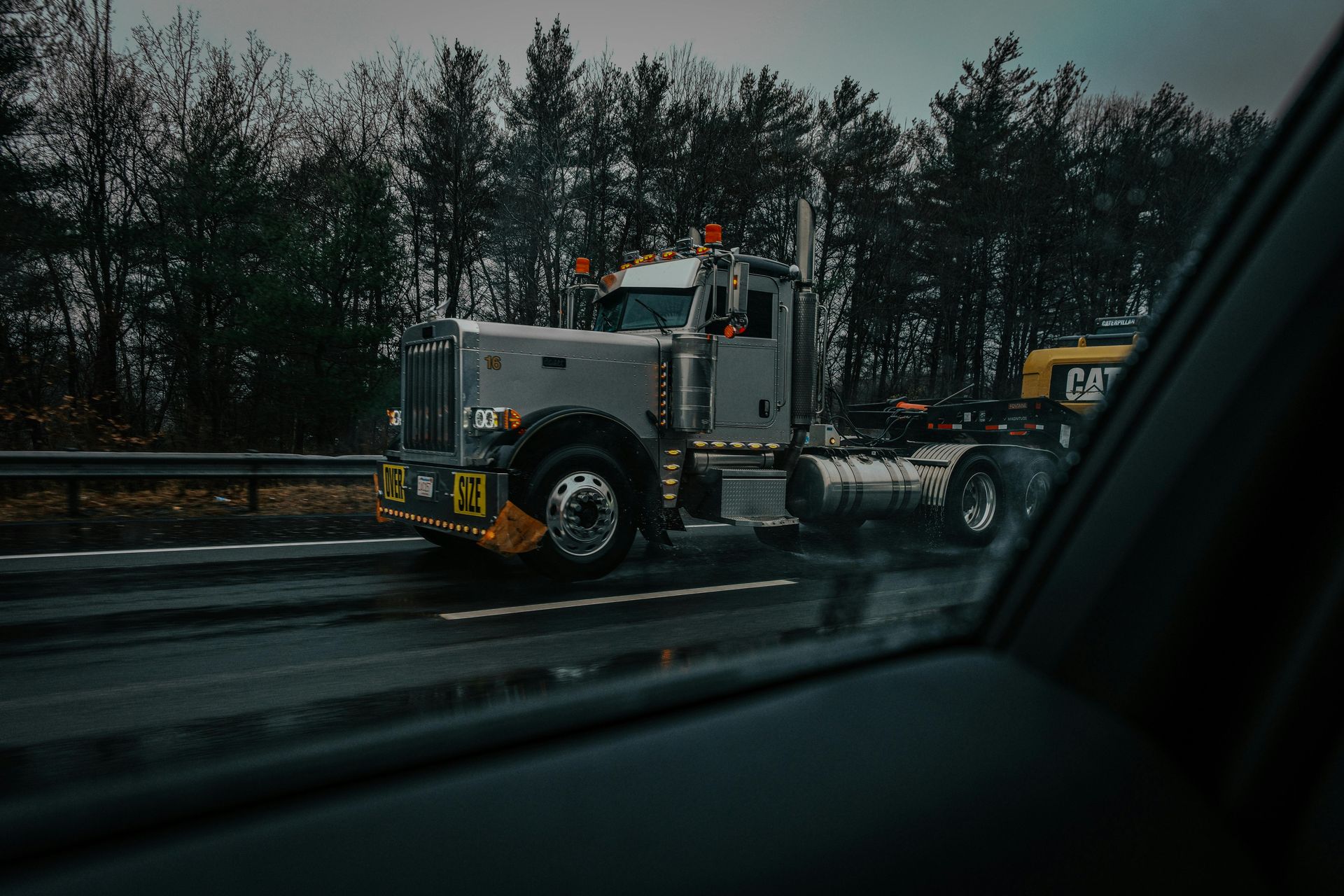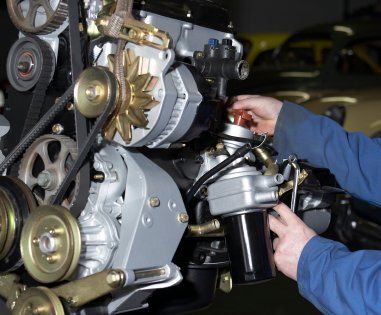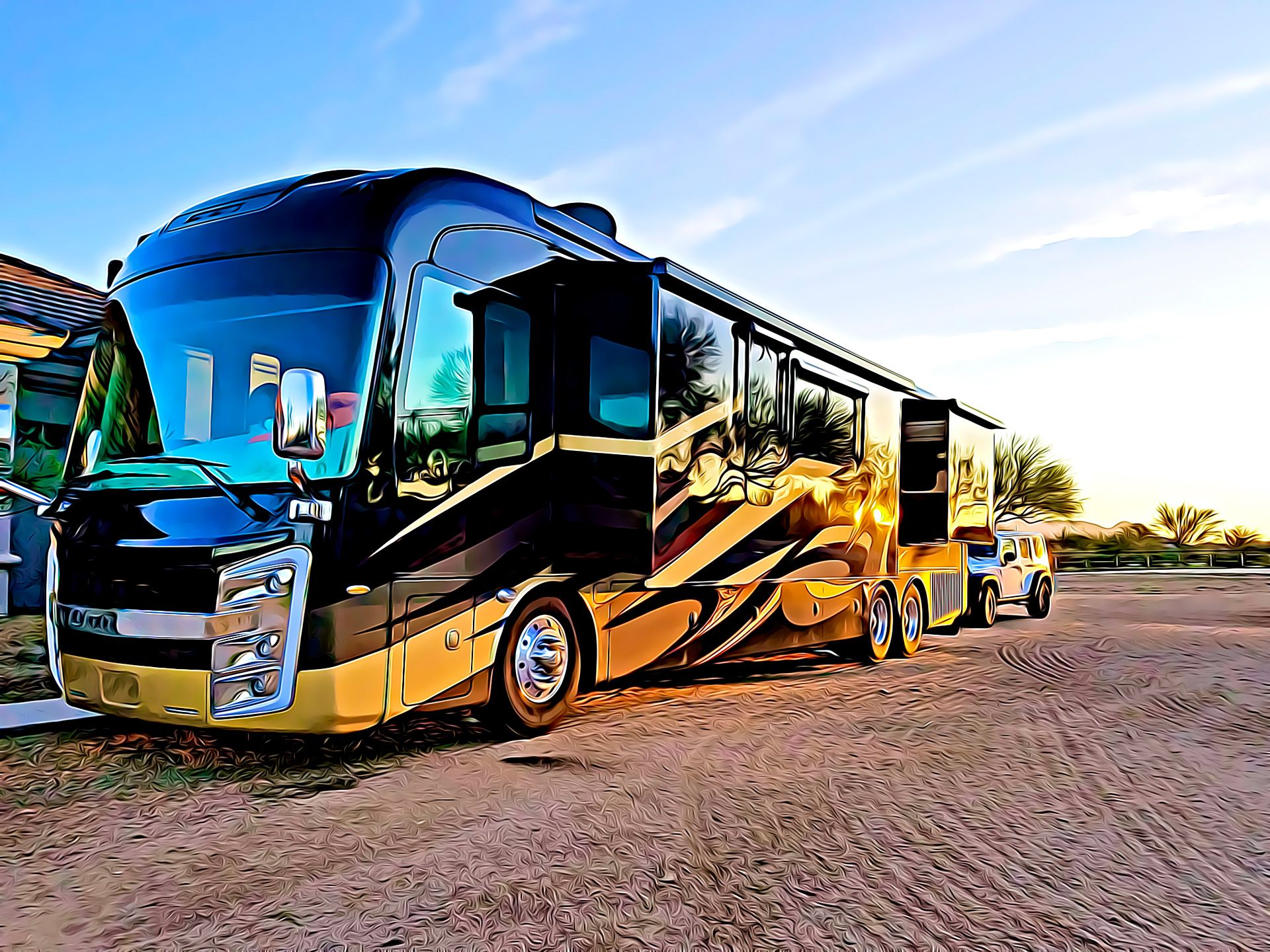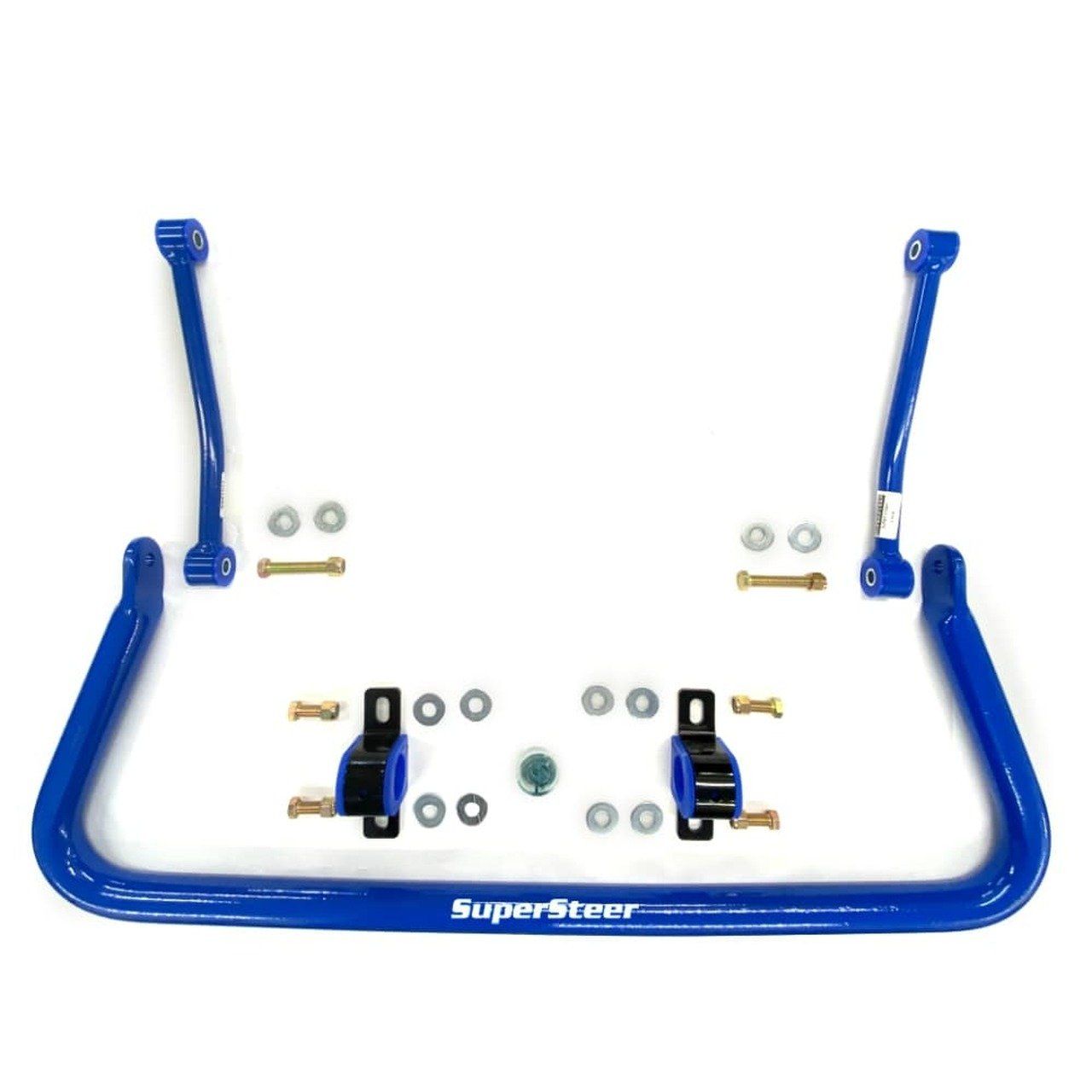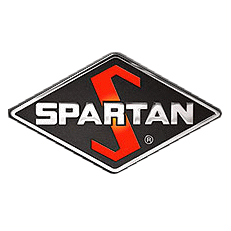Truck Fleet Maintenance Management: A Guide to Developing a Strategy

Maintaining a fleet of trucks can be a daunting task. There are so many things to consider – from developing a strategy to choosing the right fleet maintenance practices, to planning for specialized and upfitted trucks. But don't worry – we're here to help! In this guide, we will walk you through everything you need to know about truck fleet maintenance management.
Maintenance Management for Light-Duty, Medium and Heavy-Duty, and Specialized or Upfitted Trucks
Depending on your fleet, you may have specific needs for how to handle maintenance. Different sizes of fleets and different trucks have their own problems and specific strategies to deal with them. Here is a breakdown of the differences and specific issues to deal with depending on the kind of trucks in your fleet:
Light-Duty Trucks
For those with a fleet of light-duty trucks, the biggest concern is usually preventative maintenance. These trucks have less wear and tear and so regular check-ups can help avoid any major problems down the line.
Some of the common problems for light-duty trucks include:
-Tire pressure: This is one of the most important things to check on any truck, but it is especially important for light-duty trucks. Proper tire pressure can help improve fuel economy and extend the life of your tires.
-Brakes: Like with any vehicle, brakes are crucial to safety. Make sure to check them often and replace them when necessary.
-Oil changes: Oil changes are important for all trucks, but light-duty trucks may need them more often. Check your owner's manual to see how often you should change the oil.
-Battery life: Batteries can die quickly in cold weather, so it is important to check them often and keep them replaced.
To avoid these problems, it is important to regularly check your fleet and make sure that they are up to date on their maintenance. You can do this by implementing a schedule of check-ups and keeping track of when each truck was last serviced.
Medium and Heavy-Duty Trucks
If you have medium or heavy-duty trucks in your fleet, then you know that these require more frequent and specialized maintenance than light-duty trucks.
Common problems for medium and heavy-duty trucks include:
-Engine issues: These trucks have larger engines that work harder, so they are more susceptible to wear and tear. It is important to check the engine oil level and quality, as well as the coolant level.
- Transmission problems: These trucks also have larger and heavier transmissions, which can cause issues over time. It is important to check the transmission fluid level and quality frequently.
- Brake issues: As with any vehicle, brakes are crucial to safety. However, because these trucks are so heavy, they put more strain on the brakes. This can cause them to wear out more quickly. Make sure to check the brakes and replace them when necessary.
- Tire issues: These trucks have larger and heavier tires, which can cause problems over time. It is important to check the tire pressure and tread depth. You may also want to consider rotating the tires when you can.
There are several reasons why maintaining your fleet on a regular basis is critical, but the most obvious is that fleet downtime can cut into your bottom line very quickly. You should also keep track of when each vehicle last received maintenance and what was done to it.
Specialized and Upfitted Trucks
If you have specialized or upfitted trucks in your fleet, then you know that they require even more frequent and specialized maintenance than other trucks.
Common problems for these trucks include:
- Engine issues: These trucks have larger engines that work harder, so they are more susceptible to wear and tear. It is important to check the engine oil level and quality, as well as the coolant level.
- Transmission problems: These trucks also have larger and heavier transmissions, which can cause issues over time. It is important to check the transmission fluid level and quality regularly.
- Brake issues: As with any vehicle, brakes are crucial to safety. However, because these trucks are so heavy, they put way more strain on the brakes. This can cause them to wear out more quickly. Make sure to check the brakes often and replace them when necessary.
- Tire issues: Replacement of these trucks' tires is more expensive, compared to regular-sized and lighter vehicles. Because they have larger and heavier wheels, they might deteriorate over time. It's crucial to check the tire pressure and tread depth regularly. You might want to replace the tires on these trucks whether they need it immediately or not to prevent problems both to the wheels and the rest of the truck.
Create the Best Truck Fleet Maintenance Strategy for Your Fleet
To avoid these problems, it is important to have a maintenance schedule for your fleet. You should also keep track of when each truck was last serviced and what was done. This will help you catch any potential problems before they become major issues.
You should also invest in a good fleet maintenance software system if possible. This will help you keep track of your fleet, schedule maintenance, and manage repairs.
Finally, have a professional, expert truck maintenance company ready to handle all of your maintenance needs. The best maintenance companies will provide the following services and more:
- Truck fleet maintenance
- Tire repair and replacement
- Brake repair and replacement
- Engine repair and replacement
- Transmission repair and replacement
When you have a good fleet maintenance strategy in place, you will be able to keep your trucks on the road and running smoothly for years to come.
Have all Your Fleet Maintenance Needs Taken Care of in One Place: Mainline RV and Truck Service
At Mainline, we provide all the fleet maintenance services you need to keep your trucks running smoothly. We have a team of highly trained and experienced technicians who are ready to handle any repair or replacement you need. Let us Create and Organize a service schedule for each of your vehicles.
Contact us today to learn more about our services and how we can help you maintain your fleet to keep it running at full capacity and in tip-top shape, all year round.


